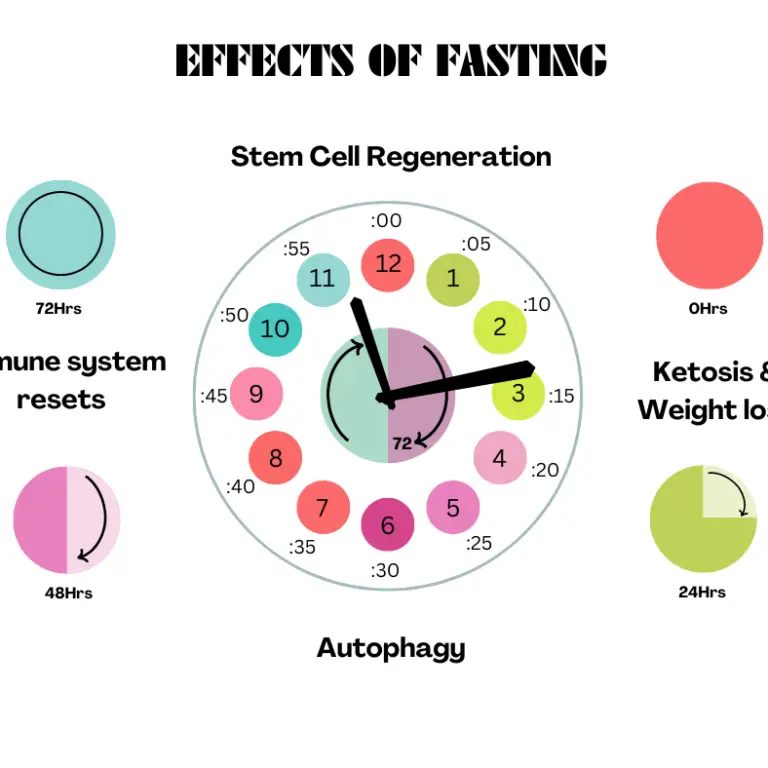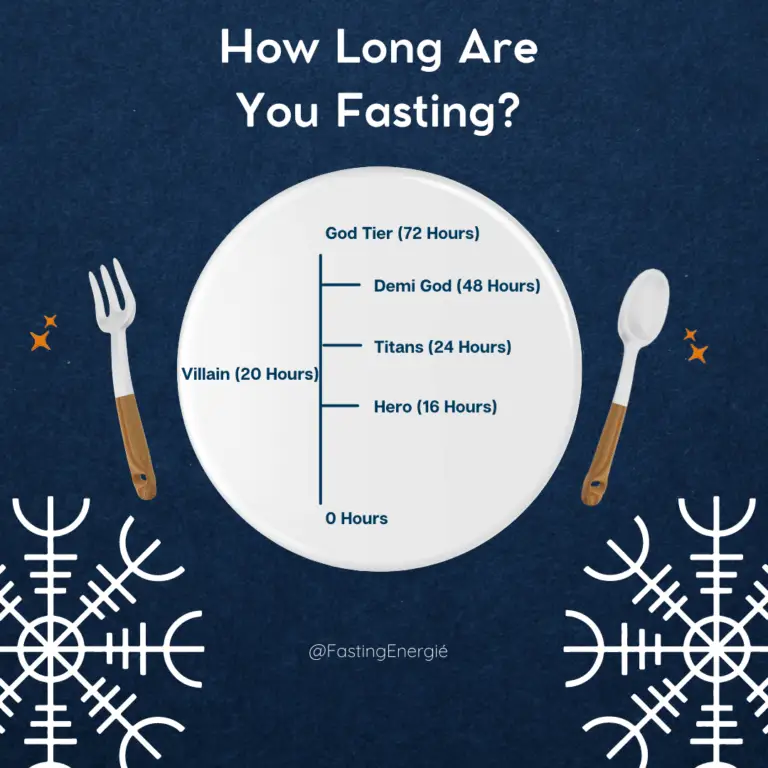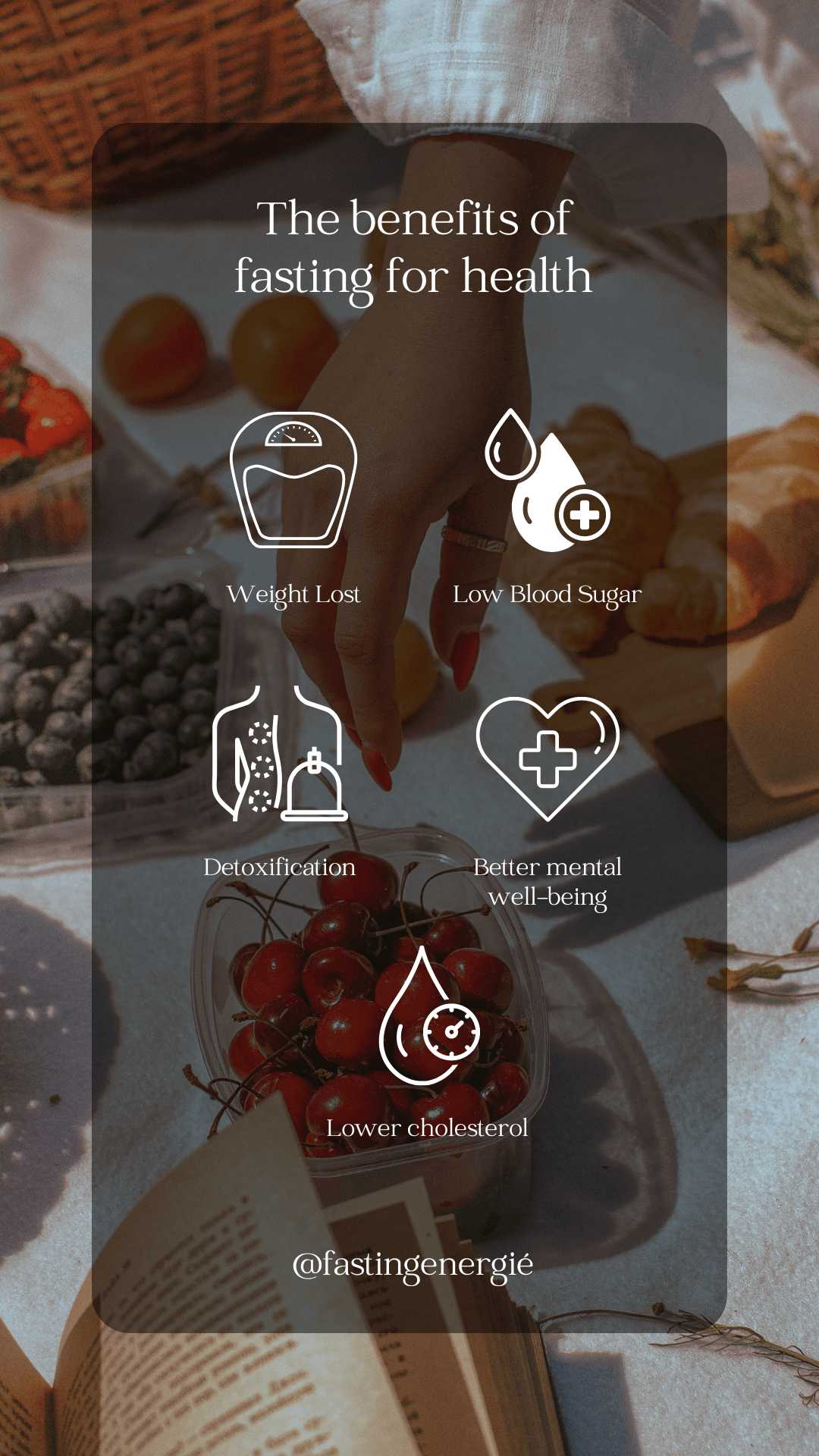Live Longer with Intermittent Fasting: The Secret to Longevity Revealed!
Table of Contents

Introduction
The Pursuit of Longevity: A Universal Goal
Longevity has always been an important objective across cultures and civilisations. The goal of extending life while retaining health and energy motivates several studies and breakthroughs in the health sciences. Today, among the numerous dietary regimens and lifestyle interventions claiming to increase life expectancy, intermittent fasting stands out due to its substantial implications, not just for extending but also increasing life quality. This method, which alternates between periods of eating and fasting, draws on traditional practices and connects them with modern scientific understanding to unleash health advantages that directly contribute to lifespan.
The Science of Intermittent Fasting and Longevity
How Intermittent Fasting Slows Aging
Intermittent fasting improves longevity primarily by modifying body systems that influence the ageing process. Among these, metabolic efficiency and stress resistance have improved significantly. By alternating between fasting and eating, the body learns to use energy resources more efficiently, lowering the strain on cellular processes and improving metabolic health. This metabolic shift not only reduces the prevalence of metabolic disorders, which are frequently precursors to premature death, but it also increases resistance to other age-related diseases.
Biological Mechanisms: Autophagy, Hormesis, and More
Intermittent fasting activates various cellular processes, all of which contribute to its anti-aging effects.
- Autophagy: Intermittent fasting greatly increases autophagy, a mechanism in which cells clean out damaged components and recycle them for cellular repair. Enhanced autophagy is related with decreased cellular stress and improved cellular function, both of which are critical for ageing cells. This cleanup procedure serves to reduce the accumulation of dysfunctional proteins and organelles, slowing the ageing process at the cellular level.
- Hormesis: Intermittent fasting causes a little stress on the body, a phenomenon known as hormesis. This mild stress triggers a variety of positive stress responses that boost the body’s cellular defences. Fasting causes hormonal stress, which boosts the development of antioxidant defences and stress resistance pathways, aiding in the protection against molecular damage and aging-related diseases.
- Insulin Sensitivity and Inflammation: Fasting increases insulin sensitivity, lowering the risk of type 2 diabetes, which is a key contributor to premature ageing. Furthermore, fasting has been found to reduce inflammation, which is a major cause of many chronic diseases and ageing. Intermittent fasting enhances general health and increases lifespan by regulating insulin levels and lowering inflammation.
- Neuroprotective Effects: Fasting increases the production of brain-derived neurotrophic factor (BDNF), a protein involved in neurone survival, growth, and maintenance. Higher BDNF levels are linked to better brain health and a lower risk of neurodegenerative disorders such as Alzheimer’s and Parkinson’s.
Health Benefits of Intermittent Fasting
Enhancement of Metabolic Health
Intermittent fasting considerably improves metabolic health by altering how the body consumes energy, resulting in better glucose management and a lower risk of metabolic illnesses such as type 2 diabetes. During fasting, the body depletes its glucose stores and begins burning fat for energy, a process known as ketosis. This shift not only helps to reduce body fat, but it also improves insulin sensitivity, lowers blood sugar levels, and reduces the likelihood of developing insulin resistance—all of which are important aspects in maintaining overall metabolic health.
Improvement in Brain Function and Neuroprotection
Intermittent fasting has a dramatic influence on the brain. It boosts the synthesis of neurotrophic factors like brain-derived neurotrophic factor (BDNF), which promotes neuronal growth and survival while also playing an important role in memory and learning. This procedure is essential for preventing neurodegenerative illnesses such as Alzheimer’s and Parkinson’s. Fasting can also increase brain metabolism and reduce oxidative stress, which contributes to better cognitive performance and neuroprotection.
Reduction in Inflammation and Chronic Disease Risk
Fasting reduces inflammation, which is the core cause of many chronic diseases such as heart disease, arthritis, and some malignancies. Intermittent fasting reduces inflammatory responses in the body, lowering disease risk and improving general health. Fasting can reduce inflammatory markers such CRP, IL-6, and TNF-α, which are associated with chronic health issues.
Integrating Intermittent Fasting into Your Lifestyle
Starting Your Intermittent Fasting Journey
To begin intermittent fasting, select a fasting plan that suits your lifestyle and health goals. Popular approaches include the 16/8 method, in which you eat during an 8-hour window then fast for 16 hours, and the 5:2 strategy, in which you eat normally five days a week and reduce calories on two non-consecutive days. Begin with shorter fasts and gradually increase them to allow your body to adjust comfortably.
Tips for Sustainable Fasting
- Stay Hydrated: Drink enough water throughout the day, especially during fasting periods.
- Balanced meal During Eating Windows: When not fasting, eat a well-balanced meal high in whole foods, proteins, fats, and carbohydrates to ensure your body gets all of the nutrients it needs.
- Listen to your body: If you have any negative side effects or find that the fasting schedule is unsustainable, adjust it.
- Consistency is Key: Fasting allows your body to adjust to a new eating routine and maximises its benefits.
Diet and Nutrition During Intermittent Fasting
What to Eat for Optimal Health Benefits
Concentrate on nutrient-dense foods that provide critical vitamins, minerals, and antioxidants.
- Proteins: Lean meats, fish, lentils, and eggs promote muscle repair and growth.
- Healthy Fats: Avocado, almonds, seeds, and olive oil promote cell health and satiety.
- Complex Carbohydrates: Whole grains, fruits, and vegetables help to keep energy levels stable and provide fibre.
Foods to Avoid During Your Eating Window
- High-Sugar Foods: Sugary snacks and beverages can trigger sudden blood sugar rises.
- Refined Carbohydrates: White bread, spaghetti, and pastries have little nutritional value and may impair insulin sensitivity.
- Processed Foods: Frequently contain unhealthy fats and additives, which might nullify the benefits of fasting.
Physical Activity and Intermittent Fasting
The Role of Exercise in Enhancing Longevity
Exercise is an excellent companion to intermittent fasting, enhancing its benefits for longevity. Physical activity activates several physiological pathways that overlap with those engaged by fasting, including improved insulin sensitivity, mitochondrial function, and stress tolerance. Regular exercise also improves cardiovascular health, muscle strength, and flexibility, all of which lead to a longer and better life.
Best Types of Exercise While Fasting
- Aerobic Exercises: Moderate-intensity exercises like running, cycling, and swimming aid in fat loss and cardiovascular health.
- Strength Training: Resistance training during meal windows can be more successful since your body already has the nutrition it needs to fuel muscle repair and growth. However, light-to-moderate strength training can be done during a fast to retain muscle mass and enhance overall fitness.
- Flexibility and Balance Exercises: Yoga and Pilates are ideal for fasting days since they are low-intensity yet highly beneficial to general body health, including flexibility, balance, and stress reduction.
Common Challenges and How to Overcome Them
Dealing with Hunger and Cravings
- Stay Hydrated: Signs of thirst can be misinterpreted as hunger. Drinking water or herbal teas can help alleviate hunger pains.
- Consume fibre-rich foods: Include high-fibre foods during your eating window to help you feel fuller for longer.
- Distraction and Routine: Keeping yourself busy and following a routine will help you focus on something other than eating when fasting.
Managing Social and Emotional Impacts
- Social Eating: Schedule social engagements around eating times, if possible. If not, pick lighter meals or smaller quantities to maintain the spirit of your fasting programme.
- Emotional Eating: Be aware of the emotional causes that lead to eating. Developing methods such as going for a walk, chatting to a friend, or practicing meditation can help you manage your emotional eating.
Conclusion:
Intermittent fasting can lead to better health and lifespan, but it is not without problems. Combining strategic exercise with efficient hunger and social pressure management can maximise the effects of intermittent fasting. As you adjust to this lifestyle, remember that the path is unique and that flexibility is essential. Listen to your body, adapt your approach as needed, and get help if necessary. By adopting intermittent fasting in an informed and balanced manner, you can greatly improve your health and well-being, paving the way for a longer, healthier life.
Frequently Asked Qustions
Can intermittent fasting make you live longer?
Some research suggests that intermittent fasting can extend lifespan by reducing risk factors for several diseases and improving metabolic health, though more human studies are needed to confirm these findings.
Can intermittent fasting reverse ageing?
While it can’t reverse ageing per se, intermittent fasting may slow some aging processes by reducing oxidative stress and enhancing cellular repair mechanisms like autophagy.
What is the best fasting method for longevity?
Periodic fasting, or the 5:2 method (eating normally five days a week and significantly reducing calories on two non-consecutive days) is often recommended for longevity due to its sustainability and effectiveness in reducing disease risk factors.
Does fasting make skin glow?
Fasting can improve skin health by promoting hydration (assuming water intake is maintained during the fast) and reducing inflammation, which may give the skin a healthier, more radiant appearance.
Can fasting tighten loose skin?
Fasting alone is unlikely to tighten loose skin. Skin elasticity depends more on genetic factors, overall nutrition, hydration, and skincare practices.
Does fasting detox the body?
The body naturally detoxifies through the liver, kidneys, and other organs. Fasting may aid these processes indirectly by reducing the intake of toxins and allowing organs to rest, but the body continuously detoxifies regardless of fasting.
Does fasting reduce wrinkles?
There is no direct evidence that fasting reduces wrinkles. However, improvements in overall health and reduced inflammation might indirectly affect the skin’s appearance.
How to reverse your biological age by fasting?
Fasting may impact biological ageing by improving markers of health like blood pressure, cholesterol levels, and weight management. These changes can contribute to a younger biological age compared to chronological age.
Does intermittent fasting repair DNA?
Intermittent fasting can enhance DNA repair mechanisms through processes like autophagy and reduced oxidative stress, potentially leading to better cellular health and longevity.







